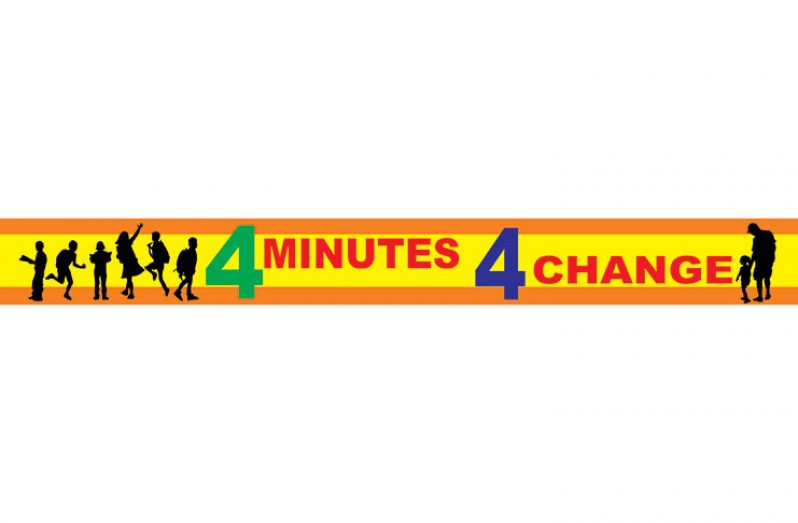WHEN parents decide to go their separate ways, only they know the emotional turmoil, bitterness, resentment, heartache, pain and suffering that may or may not have been involved in their decision to part. There are so many emotional scenarios that exist between men and women, that no lay person can get involved, take sides or give meaningful advice: that is, unless the couple seek that kind of help, professionally.
During these trying times children should get first consideration. Every decision parents make should be for ‘their’ sense of well-being and in ‘their’ best interests. However, children are usually left on the back burner while adults do the type of things that adults do, when they think their world is falling apart or they are in the throes of emotional trauma.
There is no denying that some ‘break-ups’ can be traumatic, unexpected and even lead some people into states of temporary depression, because there is no quick-fix to the situation and hardly any light at the end of the tunnel. But how one copes with these circumstances, can be the decisive factor as to the type of impact the ‘break-up’ will have on the children in the family and in the long-term, on how they are likely to cope in their adult relationships.
Children are in jeopardy when parents part; it is not just the adults who might feel pain or loss, the loss can be equally as distressing for a child. But while grown-ups may find various ways to deal with their feelings (because they should have some form of coping skills), children tend to internalise what they are going through. Their coping skills, along with their emotional and other skills, are still developing.
Parents are busy sorting out their lives, just before, during and even after a ‘break-up’, but in the midst of their drama, they need to make some special time to talk to their children. Explaining things to them and finding out how they feel about the changes and new arrangements that are being made to their lives. Parents can learn a lot from their children’s opinions, should they care to enquire.
Children in the midst of a ‘break-up’ need to be reassured constantly that the separation is not their fault and that they are still loved by their parents. When children are hurt by childhood trauma, they sometimes manifest delinquent behaviour as a way of ‘acting out’ their distraught, pent-up emotions. They may feel angry and vexed with the world, but unable to explain the reason why.
After a ‘break-up’, parents should work together as a team, to continue to raise their children in an amicable and healthy environment. Even if there is still some resentment, hostility or ‘bad feelings’ lurking between parents, this should not be visited on the child and the child should never bear witness to any ‘outbursts,’ bad words or cursing that takes place between parents. It is important for children to see their parents, though separated, as a united front, making decisions together about their future.
Children can ‘pick up’ on the contention that sometimes exists between separated parents and in time, they learn to use the lack of communication and disharmony to their advantage. This usually results in the child ‘playing’ one parent against the other and becoming wayward, while manipulating the situation to suit his/her own advantage.
But whether parents are together or separated, and whether the mother or father is a ‘dead beat’ parent or not, a child will always want to know his/her parents and no one has the right to prevent a child knowing his/her parent, unless the parent is a paedophile or some other type of dangerous perpetrator.
Some of the saddest custody (or access) cases are those where parents (mother or father) are deliberately being kept apart from their children. This usually happens when the custodial parent is holding on to some type of pain and feels justified in hurting others as a way of attempting to ease ‘their’ pain. But as usual, it’s the child who ends up suffering the most. Not only by being denied access to his/her estranged parent, but eventually it could affect the adult relationships, that the child will eventually have with others. If you identify with any of the negative scenarios on this page, you can make the decision today to move on with your life, ‘wise up’ and put the children first.
If you are concerned about the welfare of a child you can ring the CPA hotline 227 0979 or email chilcaregy@gmail.com
A Message from the Childcare and Protection Agency, Ministry of Social Protection




.jpg)









